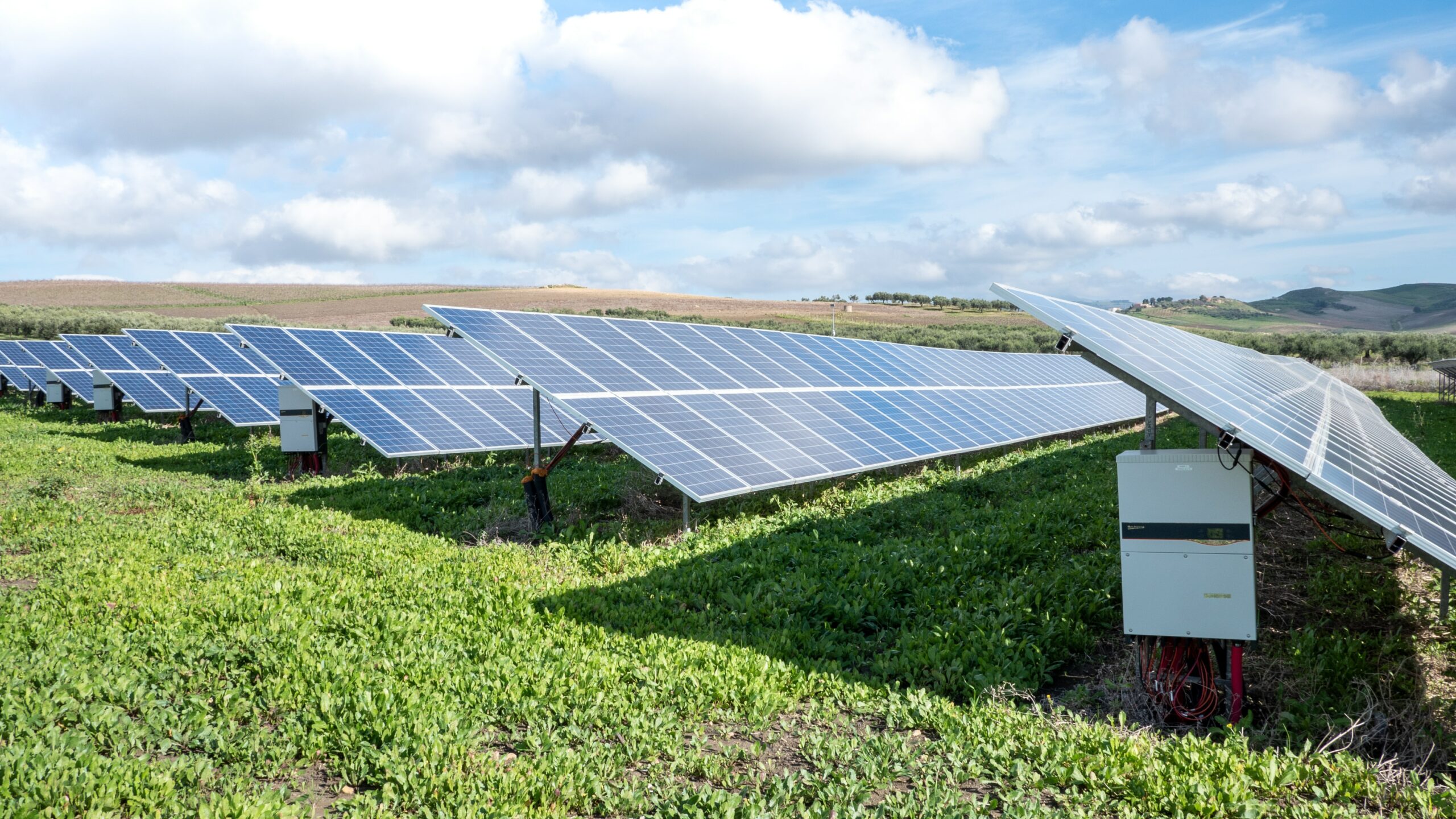Environment Tech
Wheeler deal brings solar from Free State to Gauteng
Power generated at Teraco’s solar farm in the Northern Free State will be supplied to Ekhurhuleni on the East Rand, writes ARTHUR GOLDSTUCK.
Solar power produced in the Northern Free State will soon power data centres on the East Rand.
Data centres that provide cloud computing services to the business world are massive consumers of electricity. South Africa’s biggest independent data centre operator Teraco has partnered with the City of Ekurhuleni to enable wheeling of renewable energy to its biggest data centres.
Power generated in the northern Free State will be supplied to the grid locally, and a coming wheeling agreement with Eskom will mean the power generated at Teraco’s solar farm in the Free State will be supplied to Ekhurhuleni.
Wheeling is transporting electricity from a generator to outlying areas via an existing distribution system, meaning. renewable energy projects can be built in isolated areas, rather than near the customer where there may not be space.
Teraco says it will invest in two 100MW utility-scale solar power generation projects in the Northern Free State, funded from R5.7bn earmarked for developing the business.
The solar plant is expected to produce more than 500,000MWh per annum.Its date of completion was not disclosed.
“This is a significant step towards empowering Teraco to meet its renewable energy ambitions and those of our clients,” says Teraco CEO Jan Hnizdo. “It is also an incredible opportunity for other energy-intensive users in Ekurhuleni to meet their near-term renewable energy goals while positioning themselves as manufacturers of green energy produced goods. And it will also assist in lowering the overall cost of energy supply to industry.”
As such, the project is a pointer to the future of cloud computing from three perspectives: it will make cloud services cheaper to provide; it offers data centres a route to becoming independent of the grid; and it will make them more sustainable.
The relationship between Teraco and the Ekurhuleni Council has assisted in ensuring that the agreement is to the benefit of all parties, says Hnizdo.
“It has provided Teraco with much-needed certainty for its investment into utility-scale solar power generation projects. It also enables the company to discuss Power Purchase Agreements (PPAs) to procure renewable energy from Independent Power Producers (IPPs).”
According to Marc Malan, head of “wheeling and trading” at solar energy installation network Hohm Energy, a PPA is an agreement in terms of which the electricity user agrees to buy a specific amount of power from an authorised seller.
“The agreement would typically provide for the user being credited for the wheeled energy on its municipal energy account. The user would then pay the energy trader directly for the wheeled energy. The wheeling agreement would need to specify the terms under which the electricity may be transmitted or wheeled across the network from the tie-in (source) point to the clients metering points.”If you haven’t heard of wheeling before, it is because government red tape has actively held it back.
Says Malan: “Historically the reason that wheeling is not common is that it was not easy to get permission to develop a generating plant above 1MW without a Ministerial determination. The process changed in 2022 to a much simpler project registration process. More energy traders are also being licensed – currently 4 are approved – and more municipalities are setting wheeling policies.”
A further bottleneck was the requirement to reach an agreement with the relevant municipality to compensate them for the use of their distribution network.“This is also complicated by the fact that historically Eskom was the effective monopoly supplier and municipalities make significant revenue from the mark up on electricity sales. From a tariff perspective, solar and other renewable energy generators are typically able to produce electricity at a tariff that is lower than Eskom’s bulk supply tariff to municipalities.”

















